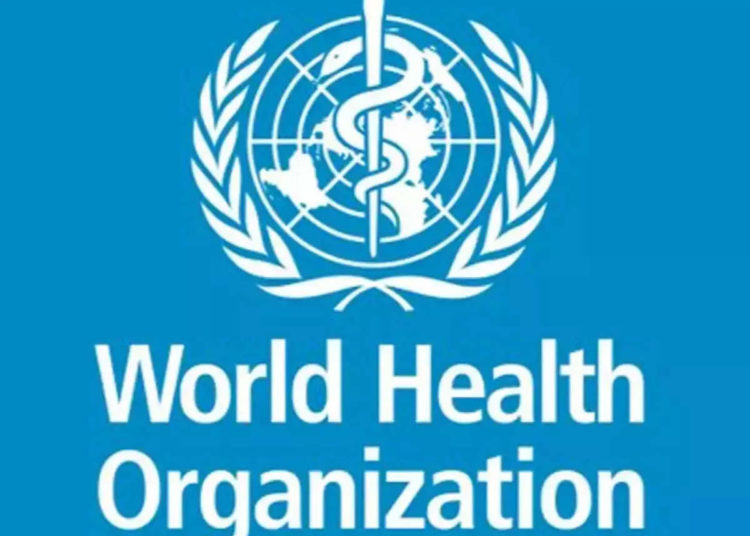As Nigeria joins the global community to commemorate the World World Antimicrobial Awareness Week (WAAW), the World Health Organisation (WHO) has said antimicrobial resistance (AMR) contributes more to child mortality more than HIV, TB or Malaria in Nigeria.
WHO representative and head of mission in Nigeria, Dr Walter Kazadi who stated this yesterday in Abuja, also said the GDP loss attributable to AMR in developing countries like Nigeria had been forecast to be at 5-7 percent.
He said; “In Nigeria alone, in 2019, there were 64,500 deaths attributable and 263,400 deaths associated with AMR from pathogens such as S. pneumoniae, K. pneumoniae, E.coli, Staph aureus, etc. AMR remained at the top of list as biggest contributor in overall and child mortality in Nigeria than HIV, TB or Malaria.”
Kazadi stressed the need for urgent action towards the main causes of AMR, which he said include; “Misuse and abuse of antimicrobial medicines, lack of access to clean water, sanitation and hygiene; poor infection prevention and control practices; inadequate use of vaccines to decrease infections; inadequate laboratory capacity including equipment and reagents to guide proper treatment; poor waste disposal practices; and the presence of antimicrobials in food-animal production and crop protection as well as the environment and water bodies.”
He assured of the WHO’s commitment to support accelerated efforts required to achieve the six strategic objectives of National Action Plan -2.0 to minimize the impact of AMR with Ministries, Departments and Agencies and all AMR stakeholders in line with RD/AFRO-call for action based on AMR regional strategy.





